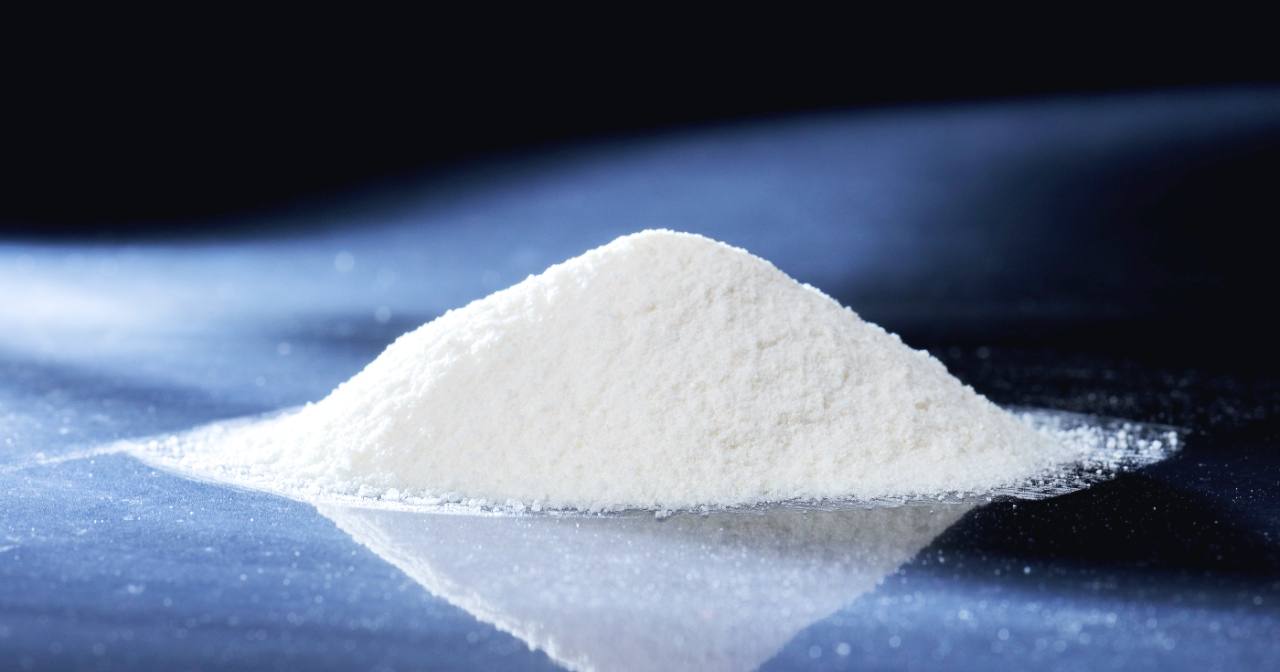Listen on: Apple Podcasts | Spotify
Online health “experts” tend to vilify maltodextrin, lumping it into a list of unsafe ingredients along with trans-fats, artificial sweeteners, and soy protein. But does maltodextrin deserve such a reputation? For that matter, what is maltrodextrin?
If someone were to eat it by the spoonful, yes. In the way it’s used in supplements and many health foods, not at all.
Here’s the truth.
What is maltodextrin?
Maltodextrin is a nonsweet nutritive saccharide polymer that consists of D-glucose units linked primarily by (alpha)-1—4 bonds and that has a dextrose equivalent of less than 20. It is prepared as a white powder or concentrated solution by partial hydrolysis of corn starch, potato starch, or rice starch with safe and suitable acids and enzymes.
Food and Drug Administration (FDA) Code of Federal Regulations Title 21.
The FDA gave it GRAS status long ago, which means it’s generally recognized as safe. However, it’s highly processed, which causes some to question its impact on health.
It’s a simple sugar, like table sugar but isn’t sweet, and offers no nutritional value. It also has a glycemic index of 85-105.
Some manufacturers derive maltodextrin from genetically-modified corn, or even from wheat.
So, why do supplement and food companies use it, and what dangers does it pose for our health?
Why do supplement companies and food companies use maltodextrin?
Maltodextrin acts as a binder during manufacturing and a base to build a formula around. It also acts as a preservative, extending shelf life, and is often included alongside natural preservatives like citric acid or rosemary extract.
The active ingredients in a supplement’s capsules or tablets don’t blend well or stay together like they should without adding some non-active ingredients to them. In the case of maltodextrin, it aids in the supplement’s delivery without affecting the nutritional value or anything else about the supplement.
Why do some say maltodextrin is bad?
Some people warn against the use of maltodextrin because it:
- Is technically a sugar with a high glycemic index
- Often comes from GMO corn or wheat
- May negatively impact gut health
The Glycemic Index (Non) Issue
A glycemic index of 85-105 is very high. But the glycemic index is only relevant when you consume a single food by itself in large amounts. As soon as you consume that food with something else, as you would as part of a high-protein meal, the glycemic index becomes irrelevant.
Some bodybuilders and athletes do consume maltodextrin in large doses to drive up insulin during their post-workout window. Nobody else would have a reason to do so.
The small amount of maltodextrin found in a dose of supplements has no impact on blood sugar levels.
In the case of a supplement, worrying about its impact on your blood glucose would be like worrying about the secondhand smoke of a single smoker…sitting on the other side of a football stadium.
Sources and Allergy Concerns
The production process leaves only pure maltodextrin at the end of the manufacturing process.
It doesn’t matter if it comes from GMO corn, potatoes, tapioca, or cassava. However, many high-end supplement brands now use maltodextrin derived from tapioca or cassava to quell fears about cross-contamination. In reality, though, the initial source doesn’t really matter because the end product is exactly the same. And in all cases, it’s considered hypoallergenic. Even if it comes from wheat, there should be no gluten in the finished product.
Gut Health
Up to 60% of processed foods contain maltodextrin, so someone consuming a Standard American Diet could end up eating quite a bit. The next time you go grocery shopping, check out the ingredients list on random processed foods. You’ll see it listed often on packaged foods.
In high doses, it can negatively affect the health of your gut and your gut lining. It may contribute to inflammatory bowel disease.
But once again, the risk is in the dose, not in the ingredient itself.
If you take a weight-gaining supplement that includes significant amounts, you’re asking for gut issues. On the other hand, if you take a capsule-based supplement that lists maltodextrin on the “other ingredients,” and there are few to no calories, the maltodextrin should not be cause for concern. It’s insignificant.
I should also add that natural health consumers today buy many products with sugar alcohols in them. Sugar alcohols could cause more gut issues than maltodextrin does.
Read also: Health Benefits of Probiotics: Your Guide.
Is maltodextrin safe?
If you use maltodextrin as an ingredient to add calories to your meals or shakes, you should be concerned, as the amount you consume could present some real problems with blood sugar, gut health, and even dental problems.
If you eat primarily processed foods, which contain appreciable amounts of maltodextrin, you should be concerned as well. But the answer isn’t to avoid supplements that include maltodextrin as a binding agent. Instead, you should stop eating the processed foods.
But if you’re like many of those who read blog posts on this site, you take your nutrition seriously, and cook and eat whole foods more than you eat processed junk food. If that describes you, the paltry amount of maltodextrin in some supplement is irrelevant to your health.
The bottom line is this:
Maltodextrin is an issue if you consume it as a source of calories, or you eat large amounts as part of a processed food diet. Outside of those two scenarios, you don’t need to be concerned about consuming tiny amounts of maltodextrin.



